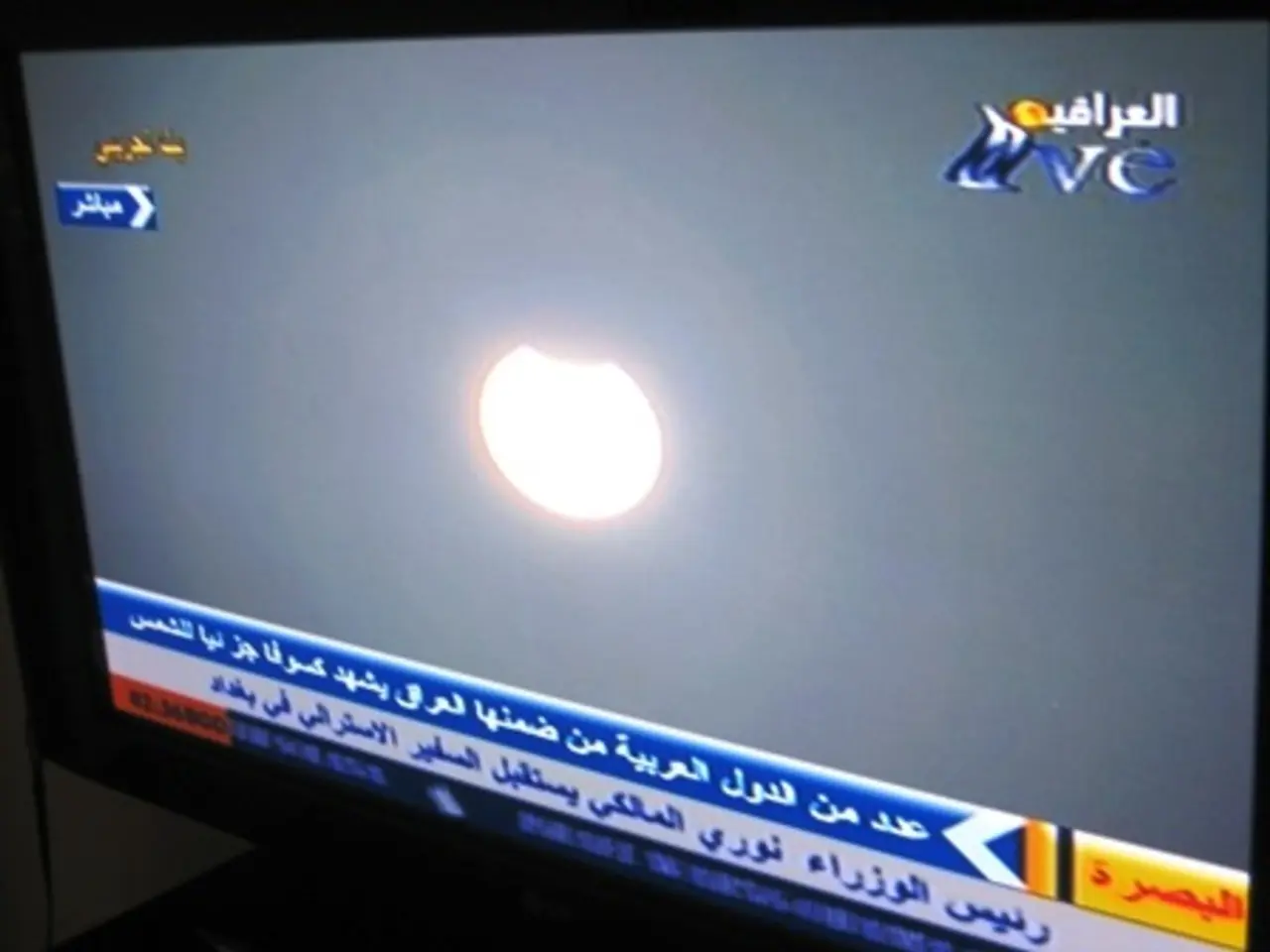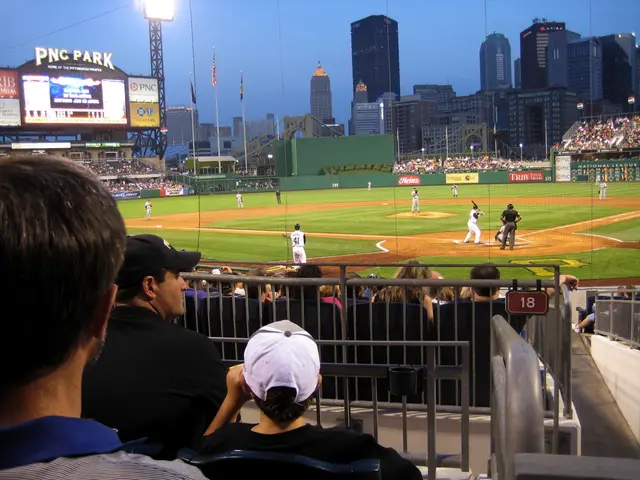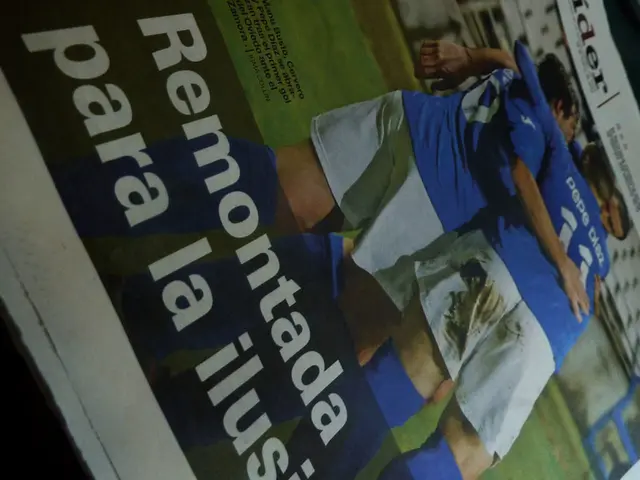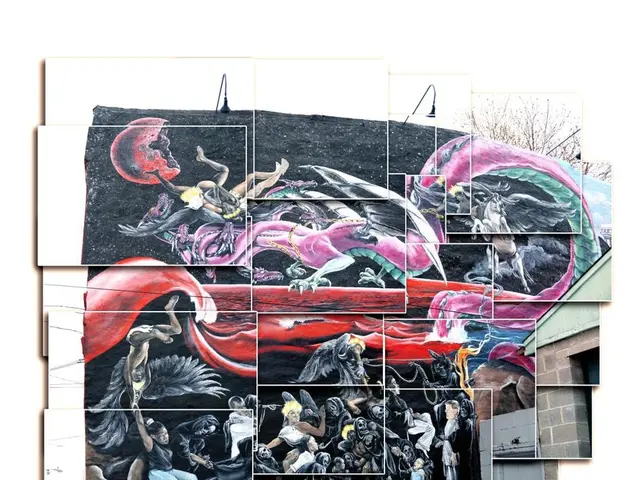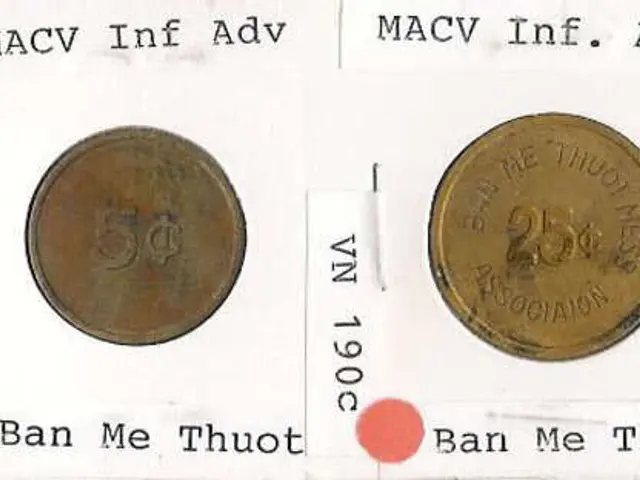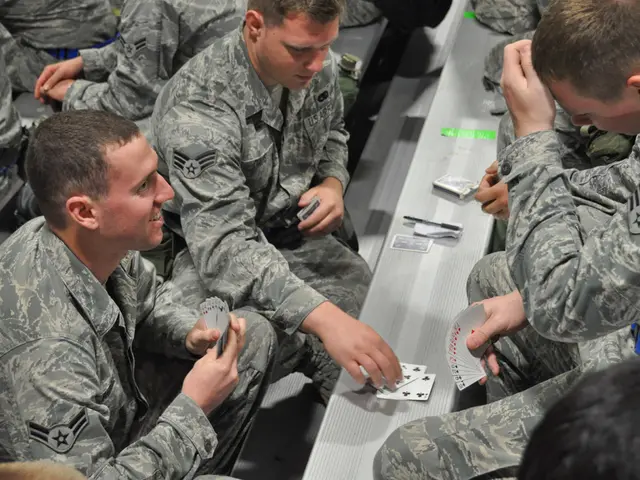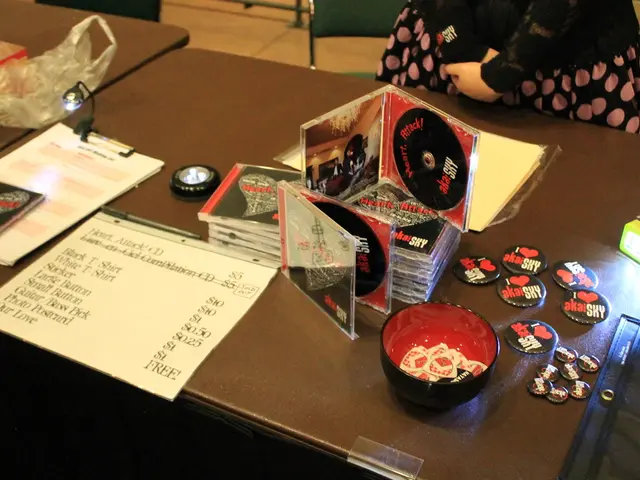Historic Victory for an English Gambler: Obtains Victory from 1,000/1 Wager on Moon Landing
In 1969, the world held its breath as the Apollo 11 mission approached the moon. Amidst the global anticipation, a British bookmaker named William Hill found itself in an unusual position, with the odds of the moon landing success becoming a matter of interest for many.
One such individual was a 20-year-old student named David Threlfall. In 1964, Threlfall, who would later gain fame as an actor, notably in the TV series "Shameless," placed a bet with William Hill that a moon landing would occur before 1971. The initial odds for Threlfall's bet were 1,000/1. However, as the space programme progressed, the odds began to shift.
By the time of the Gemini mission, the odds for Threlfall's bet had dropped to 7/4. By the end of 1964, the odds had steamed to 150/1. Yet, by 1966, the odds had dropped significantly to just 8/1.
The crew of Apollo 11 were not the only ones calculating the odds of a successful mission. Threlfall, too, was keeping a close eye on the developments. On the day of the moon landing, he was a minor celebrity and was taken to a television studio to watch the results live.
Tragically, Threlfall died in a car crash in 1970, a year after the moon landing. However, his bet with William Hill lived on as a symbolic piece of trivia linking British popular culture to the space milestone.
The moon landing was a huge loss for William Hill. The bookmaker lost a sum worth millions of dollars in today's money, paying out over £100,000 to winning bettors, equivalent to over $2,200,000 today. A spokesman for William Hill said that they were perhaps "the only people not entirely delighted to see that particular feat of human exploration and ingenuity achieved."
The practice of election betting is controversial in some countries, but it's been a common practice in the UK for many years. Brits were known to bet on various unconventional things, including the weather, television shows, and space events. The Apollo 11 moon landing was no exception.
Neil Armstrong, a member of the Apollo 11 crew, said at a 30-year anniversary event that he thought they had a 90 percent chance of getting back safely to Earth, but only a 50-50 chance of making a landing on the first attempt. This underlines the sense of uncertainty that surrounded the mission, even for those directly involved.
The Apollo 11 moon landing had a notable cultural impact that extended even to British bookmaker William Hill. The tale of Threlfall's bet is often cited as an amusing footnote in the history of the moon landing, symbolizing the mixture of hope, skepticism, and excitement that surrounded the event.
In the realm of gambling trends, the Apollo 11 moon landing was an unusual subject of interest for British bookmaker William Hill, who faced significant losses when they had to pay out over £100,000 (equivalent to over $2,200,000 today) to winning bettors. Furthermore, the practice of betting on space events was not uncommon in the UK, as evidenced by the bet placed by a 20-year-old student named David Threlfall in 1964, who wagered that a moon landing would occur before 1971 with initial odds of 1,000/1.
